
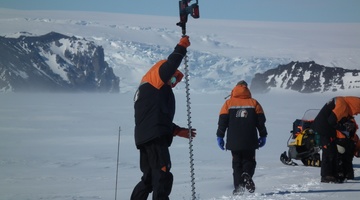
Satellites help scientists measure the thickness of land and sea ice in Antarctica. To validate these measurements, Dr Wolfgang Rack from Canterbury University travels to Antarctica each year to ...
READ MORE
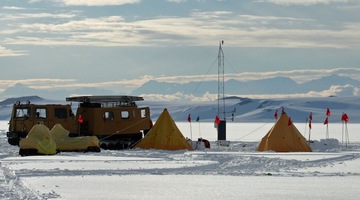
Dr Adrian McDonald from the Physics and Astronomy Department, University of Canterbury, relies on satellites to study the atmosphere over Antarctica. His research focuses on factors that affect ...
READ MORE

Position: Former Research Scientist, NIWA. Currently Expedition leader Field: Atmospheric chemistry Dr Katja Riedel was a research scientist with NIWA and, at present, is based in Wellington. She ...
READ MORE
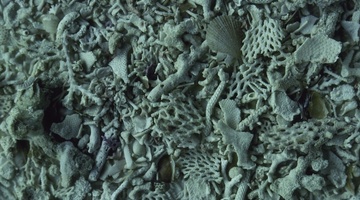
In this activity, students observe how chicken eggs can be used to simulate the potential effects of increasing ocean acidity on marine animals with calcium carbonate shells or skeletons, for ...
READ MORE

This teacher resource lists selected articles from the Connected and School Journal reading series that support the science concepts when teaching about Antarctica. Connected and School Journal ...
READ MORE

In this activity, students examine the role of heat as water changes from a solid to a liquid to a gas and back again. By the end of this activity, students should be able to: identify a logical ...
READ MORE
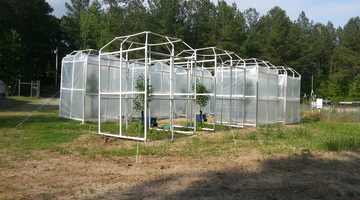
By comparing some features of fossilised plants with the same features of plants living today, scientists hope to be able to learn more about the effect of changing carbon dioxide (CO2) levels in ...
READ MORE
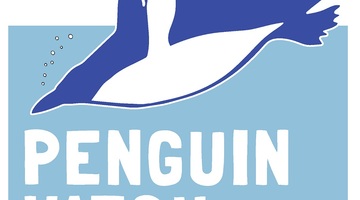
Help scientists establish valuable baseline data about the numbers, locations, habits and health of penguins in a range of Southern Ocean sites. This information will enable better understanding ...
READ MORE
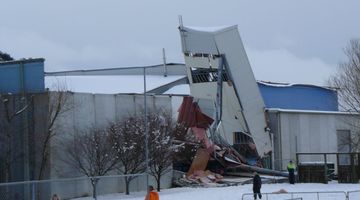
Large snow events in most parts of New Zealand are uncommon. However, if you are in the South Island or the central North Island, this citizen science project could be a great one for your ...
READ MORE
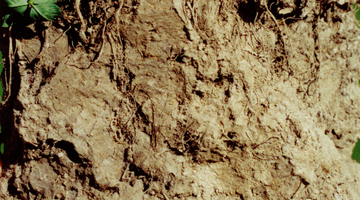
Science capabilities connect the nature of science, the key competencies and the science content strands. In this online PLD session recorded on 19 May 2016, we explore the five core capabilities ...
READ MORE
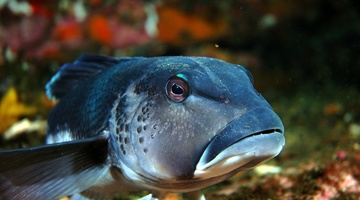
There are many marine classroom activities and resources on the Science Learning Hub useful for Seaweek 2015. This online PD session recorded on 19 February 2015 shows primary and secondary ...
READ MORE
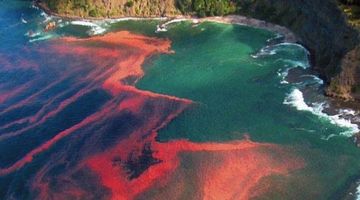
Seaweek is New Zealand’s annual national week about the sea. It is coordinated by the Sir Peter Blake Marine Education and Recreation Centre (MERC) and includes a wide range of events ...
READ MORE
Dr Wolfgang Rack of Gateway Antarctica explains the link between sea ice thickness and global climate and how he uses the CryoSat-2 satellite to measure sea ice. Jargon alert Freeboard is the ...
READ MORE
Dr Mike Williams from NIWA explains the difference between ice formed in the sea and ice that has calved off the Antarctic ice sheet.
READ MORE
Dr Wolfgang Rack from Gateway Antarctica explains how physical and aerial measurements of sea ice are made and then used to validate measurements received from satellites. Points of interest ...
READ MORE
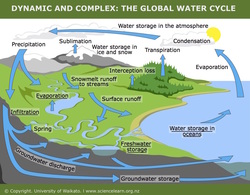
Water in the Earth system is influencing all aspects of life on Earth. Pathways, storage, transfers and transformations have an effect on the global climate and human welfare. Within this ...
READ MORE

This is the edited recording of the Soil activities and science capabilities webinar. Use the Slideshow menu for further options, including view full screen, and go here for the download option ...
READ MORE

This slideshow, from the PLD webinar Tackling planning in science, provides additional support for the video tutorial. Use the Slideshow menu for further options, including view full screen, and ...
READ MORE